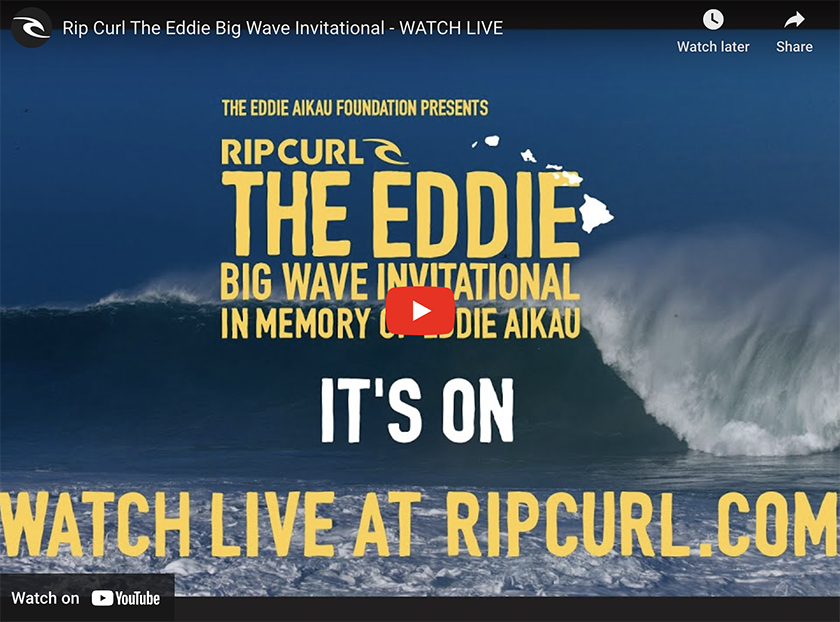Invisible Wounds & the Road to Recovery
By Nate Dinger
As conflict in Afghanistan and Iraq continues, members of the United States military faithfully pack up their lives and deploy in support of their nation’s call. Soldiers, Sailors, Airmen, and Marines engage the enemy, provide security, and establish community outreach programs intended to stabilize the regions most affected by war.
Despite these gallant efforts, war produces a host of casualties. Some of those injured carry unseen psychological wounds that often go untreated. One of the most common psychological injuries caused by war is Post-Traumatic Stress Disorder (PTSD). According to the DSM-5 Diagnostic Manual, PTSD is a mental health condition in which a person has difficulty recovering after exposure to actual or threatened death, serious injury, or sexual violence. Individuals with PTSD often experience negative changes in thinking, mood, and their emotional state, while also becoming detached from people, places, and things they once enjoyed. Without adequate treatment, this psychological injury often intensifies and leads to self-harm, alcohol-use disorder, and suicide. The identification and treatment of PTSD has become a major priority for the U.S. military. In addition, the diagnosis of other mental health disorders including anxiety and depression are growing within the ranks. According to the Veterans Affairs Office, approximately 60,000 veterans committed suicide during the period of 2008-2017. This number exceeds all U.S. service members killed during the Vietnam War by 2,000.

Those diagnosed with PTSD, anxiety, and depression undergo intense psychotherapy and are often prescribed psychotropic medications that have been shown to help the therapeutic process. Treatment is hugely beneficial to those who pursue it, however, due to the stigma associated with mental healthcare, many choose to go it alone or self-medicate with illicit drugs and alcohol. Drugs and alcohol often compound the problem, however, by exacerbating the symptoms of depression, anxiety, and PTSD.
Some military personnel suffering from PTSD and/or Generalized Anxiety Disorder (GAD) are prescribed benzodiazepines (“benzos”). Commonly known benzodiazepines such as Xanax, Klonopin, and Ativan are anxiolytic medications, that when taken under the strict supervision of a qualified physician, can be extremely beneficial for short-term treatment of severe psychological distress. Benzodiazepines, however, are not designed for long-term use when treating PTSD or anxiety. They have a high potential for addiction and become less effective over time. Tolerance often results in the patient taking higher un-prescribed doses of the drug, which increases the chance of a fatal overdose. Benzodiazepines are also very dangerous when mixed with alcohol. Alcohol and benzodiazepines are both depressants and effect the central nervous system in the same way. They can intensify the effects on the body and lead to other health problems including dependence, addiction, overdose, and an increased risk of developing other mental health disorders when combined. Due to these risks, benzodiazepines should be used short-term and only under the guidance of a qualified mental health professional.
The mental health community has identified physical activity as a beneficial alternative treatment option for those suffering from mental health disorders. The Navy initiated a three-year study that includes military members diagnosed with Major Depression, GAD, and/or PTSD. These members participate in psychotherapy and outdoor activities including surfing and hiking. Initial reports indicate that the implementation of physical activities as part of the treatment plan, have created an environment conducive to open dialogue, camaraderie, and trust among participants.

Smaller, less organized groups of Veterans like the Florida Military Surf Club (FMSC), Pendleton Surf Club (PSC), and Operation Surf (OS) practice stress management techniques through surfing every day. A group of U.S. Soldiers formed the FMSC in 2013 to assist fellow veterans suffering from physical or mental injuries. Members understand the physical and mental benefits of ocean therapy, and hope surfing can promote healing among new members. Veterans that already surf describe the sport as not only physical exercise, but also a lesson in focus, patience, and mental agility. All skills needed when healing injuries associated with PTSD, GAD, and depression.
Engaging in mental health programs that encourage open non-judgmental conversations, peer support, and when needed, medication assistance, is the first step in healing invisible wounds. If you are suffering from PTSD, or another mental health disorder, know that you are not alone and help is available. In a crisis call 911 or the Veterans Crisis Hotline 1-800-273-8255, Opt 1, or text 838255. For more information about mental health treatment options in your area, contact your local Veteran’s Affairs Clinic.







